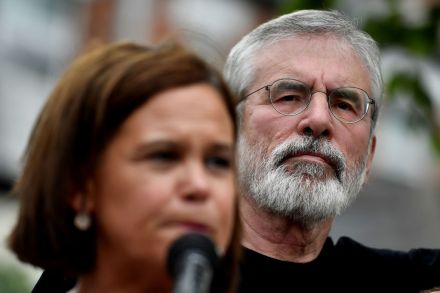Is No. 10 planning a vaccine passport ruse?
Michael Gove’s trip to Israel to study the country’s ‘green pass’ system isn’t diminishing the impression among Conservative MPs that the UK government has already made up its mind on vaccine passports. A number who I have spoken to are taking the lack of communication from their party whips as a sign that the policy will be going ahead, as there is no point in canvassing opinion on a matter if the Prime Minister is going ahead with it regardless of the feedback he gets. Some MPs who are opposed to the domestic use of what ministers are currently calling ‘vaccine certification’ are concerned that the way No. 10 plans




















